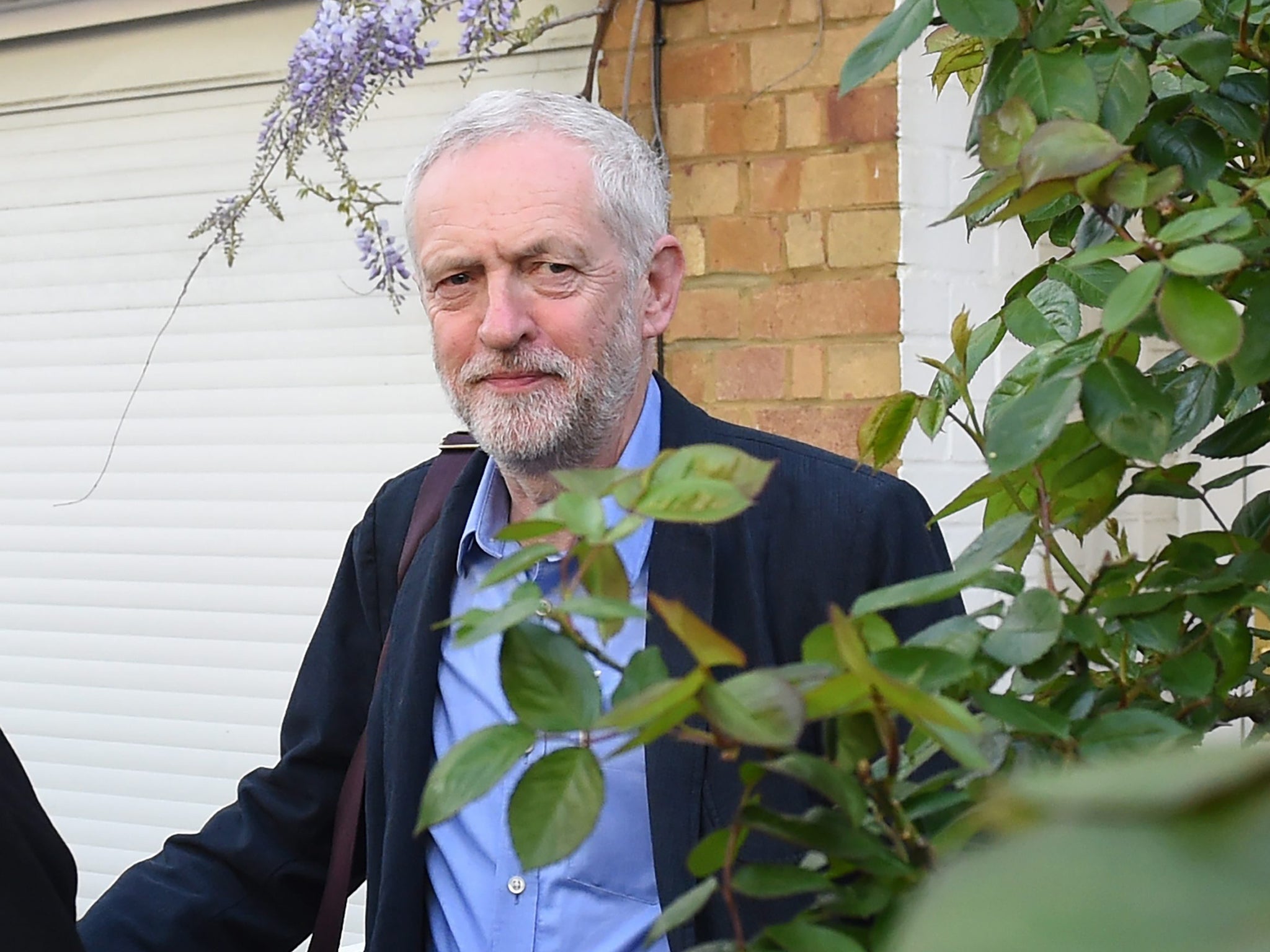What has the financial market’s reaction been to these election results?
Near total indifference. The value of sterling has not really budged. The FTSE 100 is more or less flat. UK government bond yields are unmoved.
This lack of action should not really be interpreted as the market’s judgement on the outcome. The simple fact is that financial markets (or rather the myriad of City of London-based traders and asset managers who constitute these markets) do not really pay much attention to local council results in Crawley and the changing hands of Welsh assembly seats in Rhondda. General election results do tend to draw a bit more market attention.
There was a reasonably large jump in share prices immediately after Ed Miliband’s Labour lost the 2015 general election.
But even here the impact was less than some suggested. For instance, UK government bond (Gilt) prices were watched intently leading up to the poll for signs of a destabilising market run in anticipation of a possible Labour victory. But Gilts showed much more correlation with US government bond prices than with the state of the UK opinion polls.
So do elections ever move markets?
What markets are paying a great deal of attention to is the EU referendum vote on 23 June.
A British departure from the EU really could have major negative implications for financial markets, notably in the ability of the City-based banks and financial firms to transact with the rest of the Continent.
Some European elections have also had quite an impact on financial markets in recent years – notably Greek general elections and referendums, which could have precipitated a break-up of the single currency if they had gone the other way, with disastrous knock-on effects for the world’s financial infrastructure.
So do today’s results mean nothing at all for the economy?
That would be going too far. Just because financial markets are not paying attention, does not mean election results will have no economic impact. It’s simply that the results will take time to feed through to policies that impact the economy.
The fact that Labour have probably performed (just) well enough to avoid an internal coup against Jeremy Corbyn means his chances of surviving to lead the main opposition in the 2020 general election are enhanced. That left-wing opposition (or lack of it as some would say) will affect the economic policies the Conservatives choose in the coming years.
David Cameron and George Osborne (or their successors) might take more chances than they otherwise would (in terms of tax cuts or perhaps doubling down on austerity) than if Labour was led by someone else. This is all very hard to predict.
George Osborne’s unexpected response to the Conservatives winning the 2015 election was, in some respects, to move to the centre by easing his planned pace of spending cuts and introducing a minimum wage hike.
But the point is that government policies do, in the end, impact on growth, productivity and inflation, even if markets don’t always respond to them immediately.
And Scotland?
The third straight victory for the Scottish National Party in the Holyrood parliamentary elections and Labour’s catastrophic third place north of the border is potentially significant in the medium to long-term for the future of the United Kingdom, and thereby the national economy.
The SNP’s loss in the independence referendum does not seem to have hurt the party at all. Another independence vote must have moved a bit closer today. And if the UK votes for Brexit in June (while a clear majority of Scots want to stay in) it is more or less inevitable.
However, it’s worth noting the SNP has signalled it will be rather less radical on income tax and council tax in Scotland than its redistributive rhetoric suggested.
In March the SNP leader Nicola Sturgeon pledged that the basic and higher rate income tax rates will not be changed for the foreseeable future and that council tax will not be reformed. Sometimes radical politicians behave less radically when they actually get power.
What about the London Mayor vote?
The nation’s capital city is, of course, the country’s financial centre. And the City of London is a major contributor to the economy and the country’s international balance of payments. It would be fair to say that most financial sector workers are not enamoured with Jeremy Corbyn. And yet it looks like Labour’s Sadiq Khan will prevail over the Conservative’s Zac Goldsmith in the race to succeed Boris Johnson at City Hall.
Elections 2016: Agony and ecstasy for candidates as results pour in
Show all 10This looks set to be the only major bright spot for Labour from today’s results. Yet Khan has been at pains to distance himself from his party leader. His pledge to be “the most pro-business Mayor London has ever had” is plainly designed to counter fears he will adopt the assumed interventionist agenda of Mr Corbyn and those around him.
The London Mayor’s powers over the financial sector are in truth pretty limited. The Treasury and the Bank of England call the major shots here. The Mayor’s policies on transport and housing will have an impact on the City’s competitiveness – but only a marginal one. Mr Johnson was a reasonably effective lobbyist for the City’s interest in Whitehall.
But his last-minute decision to join the campaign for Brexit has annoyed many. Some hedge fund bosses are attracted to Britain leaving the EU, but big banks, insurers and law firms, in the main, want the UK to Bremain.
Subscribe to Independent Premium to bookmark this article
Want to bookmark your favourite articles and stories to read or reference later? Start your Independent Premium subscription today.


Join our commenting forum
Join thought-provoking conversations, follow other Independent readers and see their replies